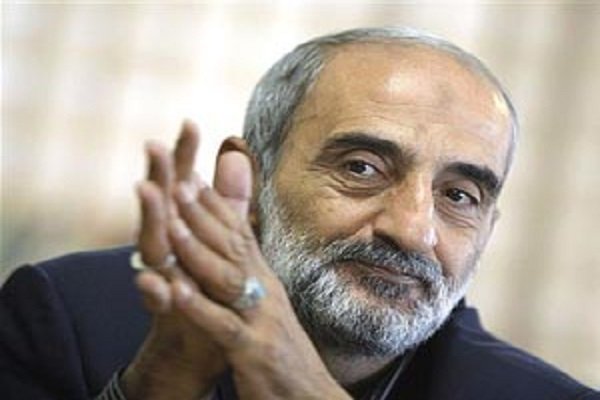Europe is failing: journalist

TEHRAN – As all eyes are fixed on Europe's diplomatic efforts to salvage the Iran nuclear deal, a senior journalist gave an exclusive interview to Euronews.
Hossein Shariatmadari is the editor-in-chief of Keyhan, one of the most conservative newspapers in Iran.
Speaking to Euronews in an interview published on Thursday, Shariatmadari accused the Europeans of not fulfilling their commitments to Iran under the nuclear deal, formally called the Joint Comprehensive Plan of Action (JCPOA).
"The Europeans say we stay in the JCPOA but it means they must fulfil their commitments. However, they apply all U.S. sanctions to us and they are not fulfilling their commitments under the JCPOA. How can they say that they remain in the deal?" he asked.
More specifically, Shariatmadari slammed INSTEX, the EU's central mechanism to keep trade with Iran flowing despite U.S. sanctions.
The INSTEX plan is an initiative by France, Britain and Germany to launch a barter-based trade conduit with Iran. If it goes ahead, it would initially deal only in products such as pharmaceuticals and foods, which are not subject to U.S. sanctions.
Iranian officials have repeatedly said INSTEX must include oil sales or provide substantial credit facilities for it to be beneficial.
Accepting INSTEX would be 'madness'
"INSTEX means oil against food and medicine. They did it with Saddam, who had failed and lost everything. Now, we are the main power in the region and they want to apply this to us?" Shariatmadari gasped.
"Europe committed to buy our oil but they are not doing that," he continued.
"According to INSTEX, we need to sell our oil to non-European countries and send money to Europe, then you need to buy just from Europe - food and medicine from Europe - and Europeans pay the companies which supply our food and medicine."
"Accepting this is madness," Shariatmadari said.
Trump and Macron's views 'the same'
Asked about French President Emmanuel Macron's current efforts to save the JCPOA, he said his views were very much aligned with those of U.S. President Donald Trump.
"He himself has made it very clear that they follow the same view," he said.
The Iranian journalist dismissed the possibility of Iran's leaders meeting with Trump, which was raised during the G7 summit in Biarritz last month.
"Since Mr. Trump withdrew from JCPOA, he has invited Iran at least eleven times to talk. But there is no reason for us to negotiate with Trump," Shariatmadari said.
Britain, France and Germany, parties to a 2015 nuclear deal with Iran along with the United States, China and Russia, are determined to show they can compensate for last year’s U.S. withdrawal and salvage trade promised to Iran under the accord.
Macron has led those efforts and is trying to clinch a 15 billion dollar credit line that would offset tough U.S. sanctions that have strangled Iran’s oil exports, but that requires getting some backing from Washington.
SP/PA
